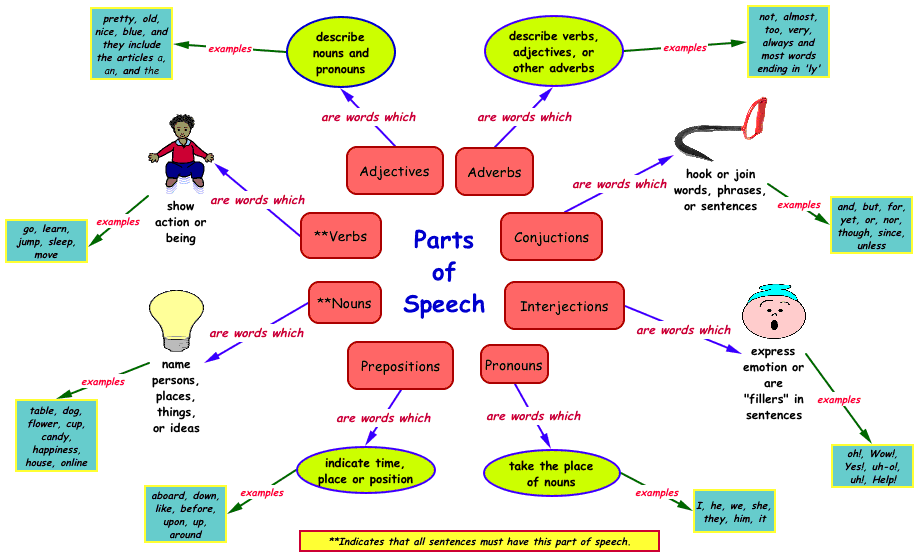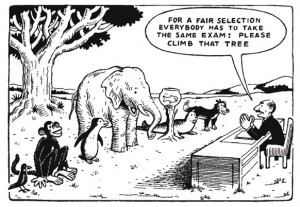Today the fact that formal grammar isn’t taught in schools anymore became scarily clear to me. Presented with ten sentences, one of my classes had varying degrees of difficulty, from mild to severe, in identifying verbs, nouns and adjectives. And let’s just say it’s a while since they were fresh-cheeked first years 😉
I’m not sure how this could have happened, how 13 years of formal education could fail to produce a knowledge of the parts of speech; nor do I absolve myself of blame. I think perhaps that although we focus on it in detail when students are in first year, beyond that point we presume that the knowledge is there, is fixed and doesn’t need to be constantly revisited, a presumption which of course fails to recognise the all important reality that true knowledge arises from repetition, repetition, repetition until the info becomes hard-wired into the subconscious. So although it may seem ‘basic’ when I finish Romeo & Juliet with my second years to return to punctuation and parts of speech; and bordering on insulting to do the same with my Junior Certs when we’ve finished the masterpiece that is To Kill A Mockingbird; although it seems utterly absurd to go from Wordsworth’s sonnets to verbs and nouns with my fifth years and downright depressing to still be repeating the mantra ad nauseum to a gang of Leaving Certs today taught me what it also is. Necessary. Vital. Urgent.
With this in mind, one of our top performers today, Maeve, just sent me a message on edmodo with this handy little ditty that her mam learnt whilst at school and impressively still remembers – I’d never heard it before but now intend to learn it off myself!
Three little words you often see
are articles a, an and the-e.
The noun is the name of anything
as hoop or garden, school or swing.Instead of the noun, the pronoun stands,
his head, her coat, your arm, my hand.
The adjective tells us more about the noun
like great, small, pretty, white or brown.The verb tells something to be done
like read, laugh, count, jump or run.
How things are done the adverb tells
like slowly, quickly, ill or well.The preposition stands beside the noun
as in or through, after, on.
The conjunction joins two words together
like men and women, wind or weather.The interjection shows surprise
ahh! How pretty!… Ohh! How wise!
The whole are called 9 parts of speech
which reading, writing and speaking teach.








